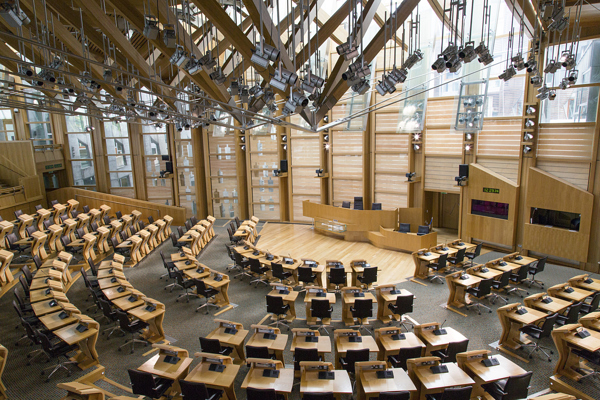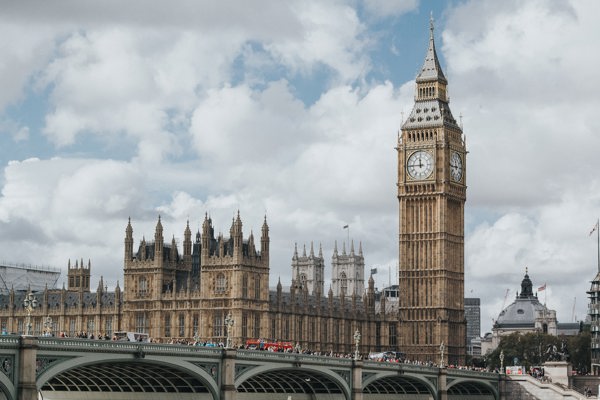The hearing covered two appeal cases on the same general topic, one from the Court of Session by the UK Government and the other from the High Court in London on behalf of Gina Miller both looking at whether the Prime Minister lawfully advised Her Majesty to prorogue the Westminster Parliament or whether he has acted unlawfully.
What it is not about is whether the UK will leave the EU on 31 October or on what terms. Lady Hale was very clear that those watching understood that point clearly.
If the eleven Justices decide Boris Johnson acted unlawfully, then they will also need to decide what remedy to grant and how their decision can be implemented to unwind or negate the practical impact of the prorogation, so far as possible.
If the court decides that the Prime Minister's actions were lawful then we will have a very important case to absorb on what even constitutional lawyers thought, until a couple of months ago, was a very esoteric point of Parliamentary procedure.
The judgement will however, whatever the outcome, range way beyond the narrow law on prorogation and will undoubtedly consider the relationship between The Executive (the Government), the Legislature (Parliament) and the Courts. It will also look at the constitutional role of Her Majesty in the exercise of the prerogative powers. For the UK, as a country without a written constitution, this promises to be a fascinating judgement putting much of our understanding around the rule of law, constitutional restraints, checks and balances and the constitutional relationships of the main participants all together in one case. We will also have the benefit of the thinking of all eleven Justices who are bound to be tempted to input those thoughts even if they do not ultimately produce eleven separate judgements.
Lady Hale indicated the court hopes to deliver its judgement early next week which suggests a lot of midnight oil being burned over the weekend in at least eleven houses around the country. Apparently normally 20,000 people a month watch streamed cases in the Supreme Court. According to the BBC, on Tuesday alone there were apparently 4.4m hits on the website. That looks like access to justice in action. There may be a very long queue to download the judgement when it arrives next week.


